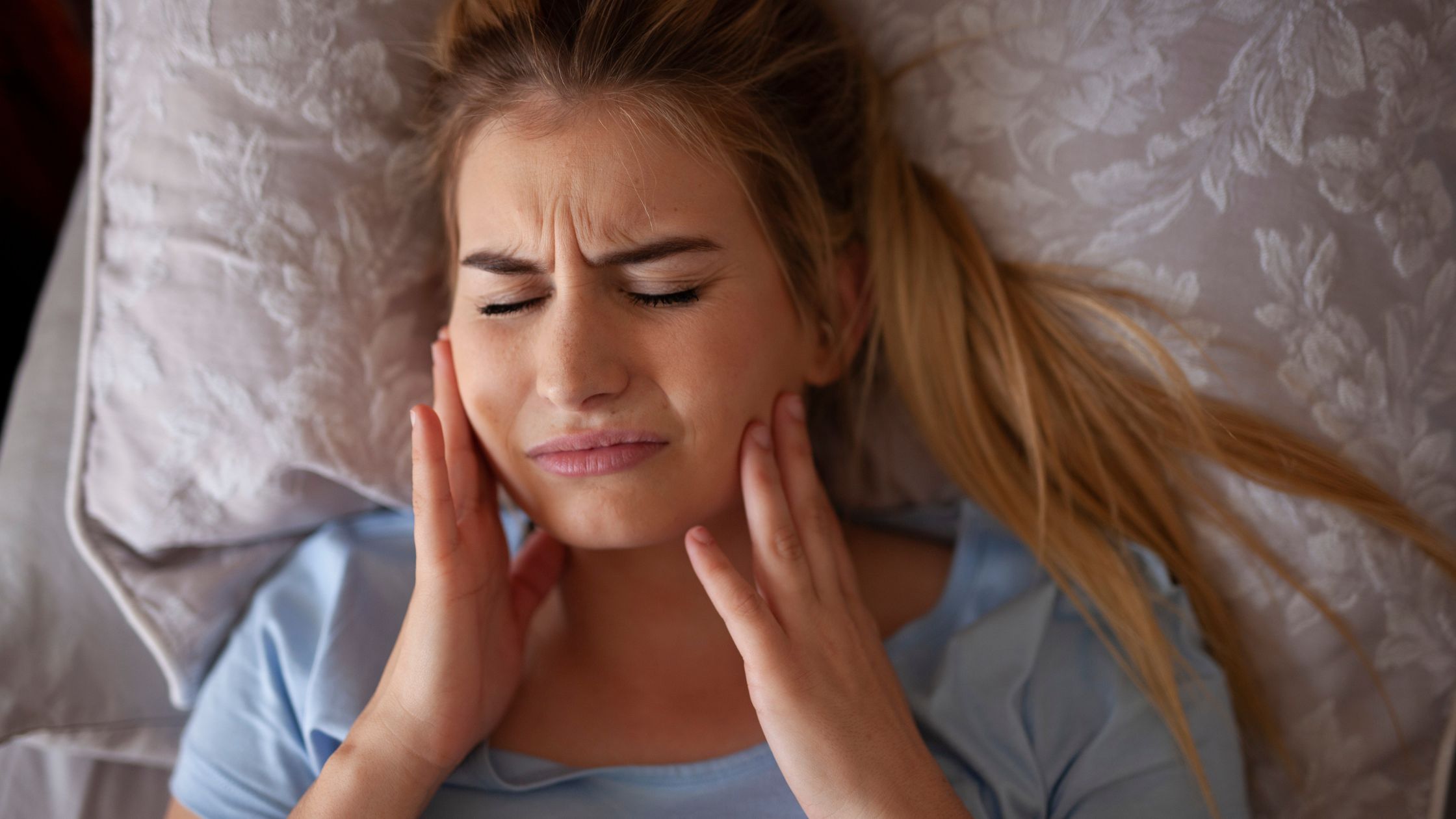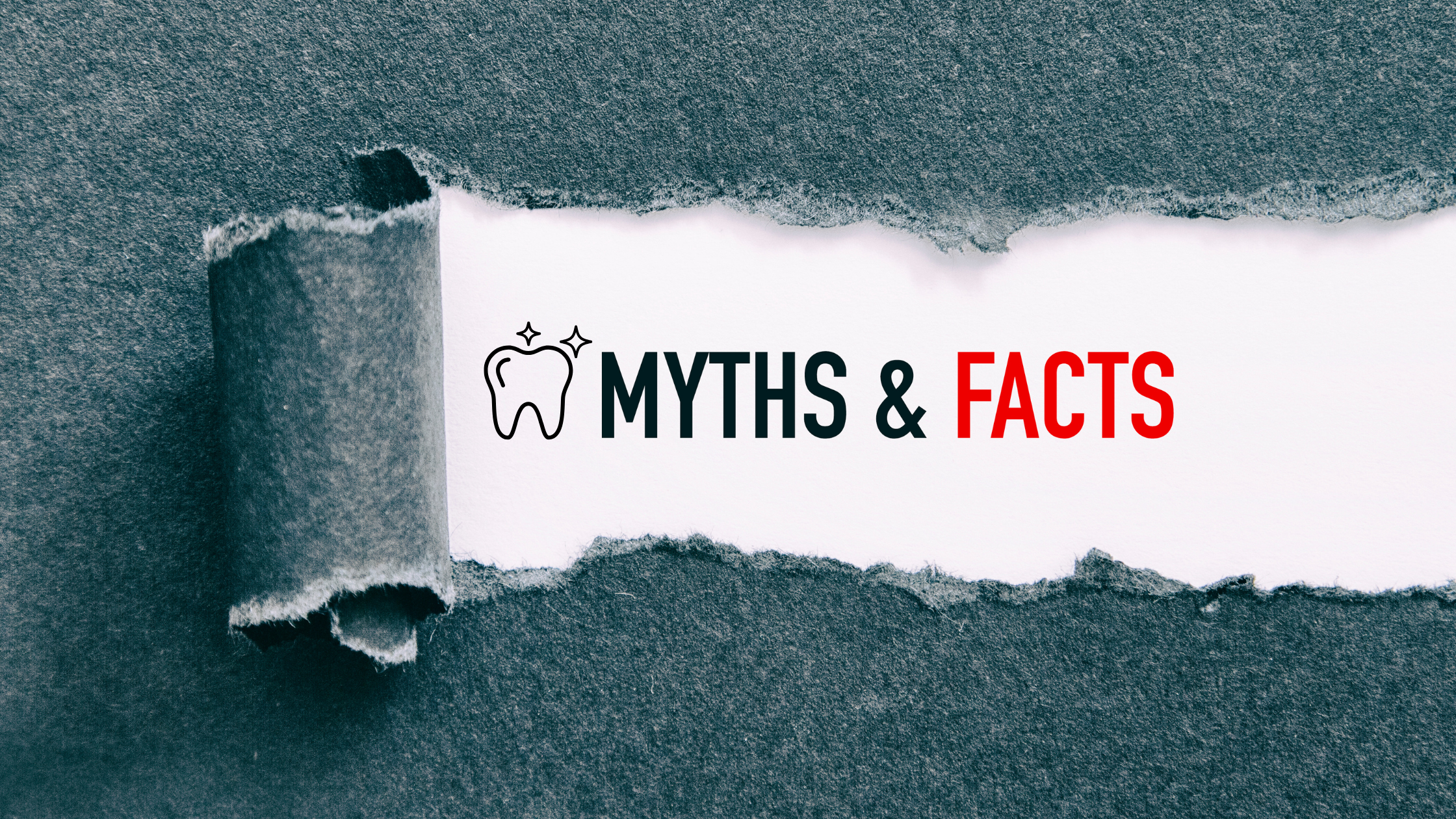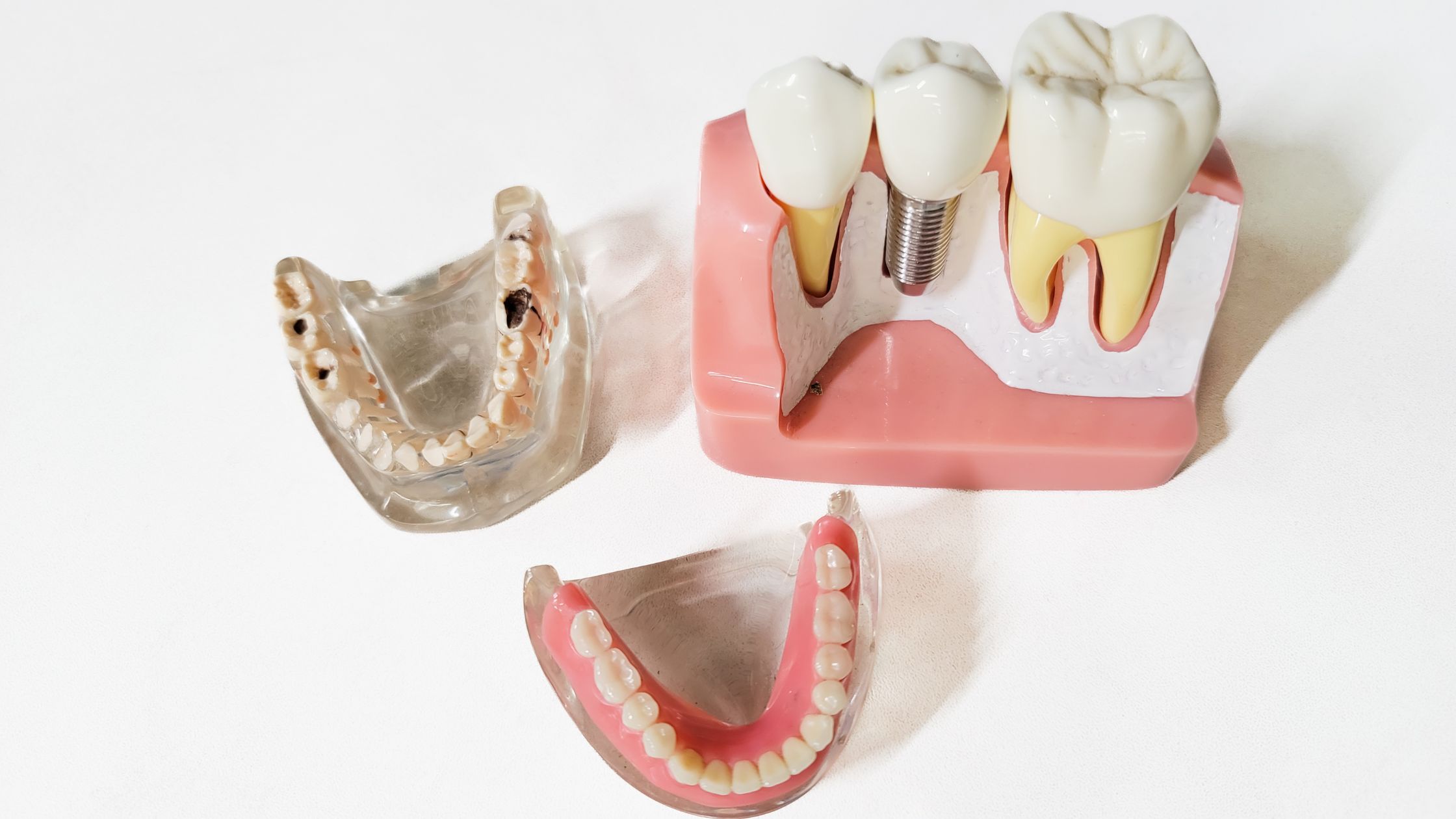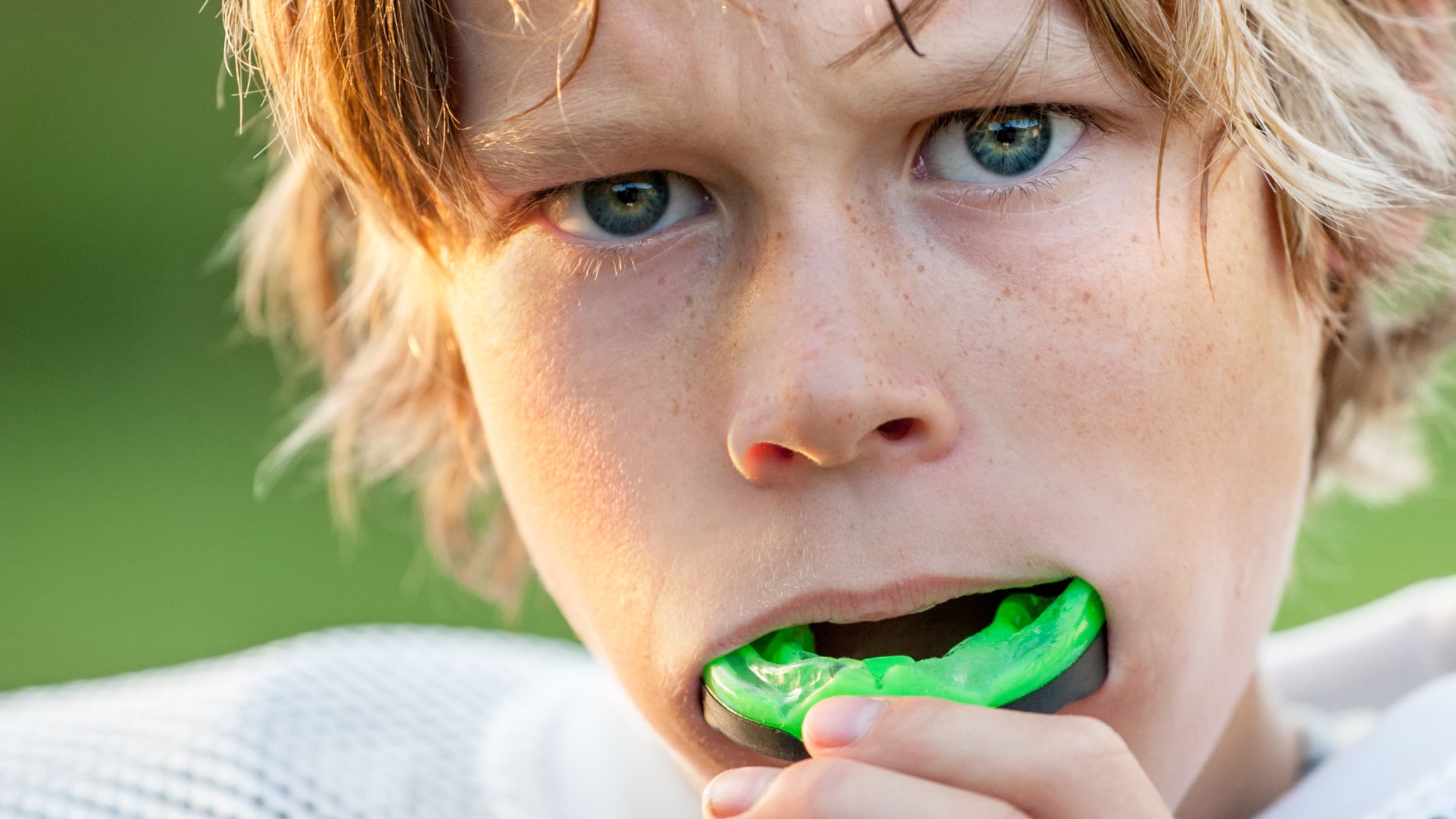Common Dental Myths Debunked: Separating Fact from Fiction Introduction Dental health is crucial for overall…

TMJ Pain and Bruxism: Understanding and Managing Your Symptoms (Charlotte, NC)
TMJ pain and bruxism, or teeth grinding, are common dental issues that can cause significant discomfort and lead to other health problems. At Steele Creek Smiles Dentistry in Charlotte, NC, we are dedicated to helping you understand and manage these conditions effectively.
Understanding TMJ Pain and Bruxism
Bruxism is characterized by the involuntary grinding or clenching of teeth, often during sleep. It can cause various symptoms and complications, including pain in the temporomandibular joint (TMJ).
Symptoms of TMJ Pain and Bruxism
- Grinding Sounds: Often reported by a sleep partner or family member.
- Worn Tooth Surfaces: Visible signs of tooth wear, flattening, or chipping.
- Jaw Pain or Tenderness: Especially upon waking up in the morning.
- Headaches: Particularly in the temples or at the back of the head.
- Facial Pain: Pain in the temporomandibular joint (TMJ) area.
- Earache: Sometimes mistaken for an ear infection.
- Increased Tooth Sensitivity: Due to enamel wear.
Causes of TMJ Pain and Bruxism
- Stress and Anxiety: Often linked to increased stress or anxiety levels, acting as a subconscious response to emotional tension.
- Malocclusion (Misaligned Teeth): Irregular tooth alignment may contribute to teeth grinding.
- Sleep Disorders: Bruxism is associated with sleep disorders like sleep apnea.
- Lifestyle Factors: Excessive alcohol consumption, smoking, or recreational drug use can increase the risk.
- Caffeine and Medications: Stimulants like caffeine and some medications can contribute to bruxism.
- Age and Genetics: More common in children but can persist into adulthood, with a family history increasing the likelihood.
Treatment Options for TMJ Pain and Bruxism
- Night Guards or Splints: Custom-fitted dental appliances worn during sleep to protect teeth from grinding. Over-the-counter options are available but may not provide the same level of protection.
- Stress Management: Techniques such as relaxation exercises, meditation, or counseling can help manage stress-related bruxism.
- Behavioral Therapy: Identifying and addressing the underlying causes of bruxism through therapy.
- Orthodontic Treatment: Correcting misaligned teeth may alleviate bruxism in some cases.
- Medication: Muscle relaxants prescribed by a dentist or doctor to help relax jaw muscles. Botox injections in the jaw muscles may be considered in severe cases.
- Addressing Underlying Sleep Disorders: Treating conditions like sleep apnea may reduce bruxism.
- Lifestyle Changes: Limiting caffeine intake, avoiding alcohol and recreational drugs, and establishing a relaxing bedtime routine.
Preventive Measures
- Oral Hygiene: Maintain good oral hygiene to prevent dental issues associated with bruxism.
- Regular Dental Checkups: Visit your dentist regularly for checkups and to monitor signs of bruxism.
- Awareness and Self-Monitoring: Be aware of signs and symptoms and seek professional help if you suspect bruxism.
- Use Stress-Reducing Techniques: Incorporate stress-reducing practices into your daily routine.
Bruxism and TMJ pain can lead to significant discomfort and dental problems, but with proper diagnosis and treatment, the symptoms can be managed effectively. If you suspect that you grind your teeth or experience TMJ pain, consult with Steele Creek Smiles Dentistry for a comprehensive evaluation and appropriate intervention.
Schedule your consultation today to find relief! Contact us at (704) 587-1010.



